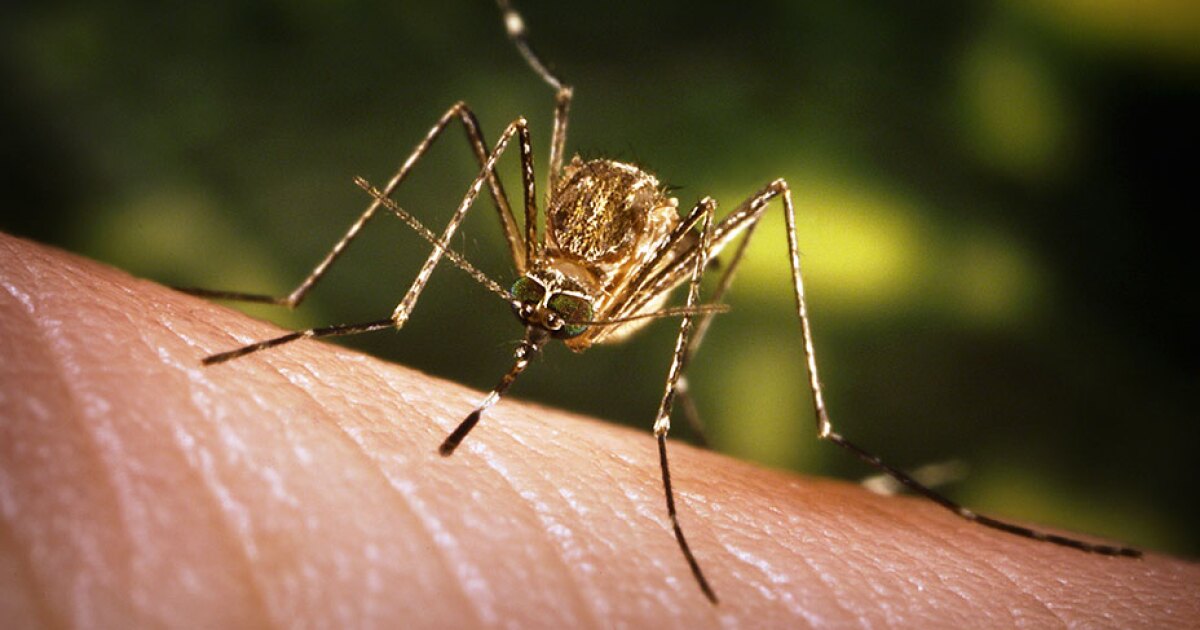T4K3.news
West Nile virus case confirmed in Utah
Utah reports its first human West Nile virus case for 2025 in Salt Lake County and urges prevention amid ongoing mosquito activity.
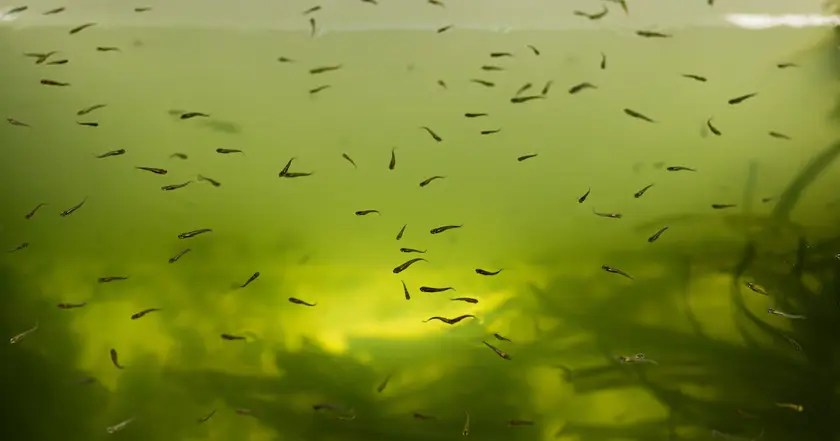
Utah confirms its first human West Nile virus case for 2025 in Salt Lake County, prompting continued prevention efforts and mosquito surveillance.
Utah's first 2025 case of West Nile virus in humans reported
Utah health officials have confirmed the state's first human West Nile virus case for 2025 in Salt Lake County. The patient was hospitalized with the neuroinvasive form of the disease and has since recovered at home. Three Salt Lake County mosquito abatement districts have tested positive for West Nile virus, and statewide 108 mosquito pools also tested positive. Officials say the infection most likely occurred in late July near the Jordan River in southern Salt Lake County. Privacy protections prevent sharing more details about the patient.
West Nile virus is transmitted when a mosquito bites an infected bird and then bites a person. Humans are dead-end hosts, which means they do not pass the virus back to mosquitoes in typical situations. There is no vaccine for West Nile virus, so prevention relies on avoiding bites and reducing mosquito breeding sites. Mosquitoes can travel miles, so precautions are advised for a broad area. Health officials recommend using EPA-registered repellents, wearing long sleeves and pants at dusk and dawn, draining standing water, keeping gutters clear, maintaining window screens, and trimming grass. Garden ponds can host mosquito-eating fish or products like mosquito dunks, and residents can contact local mosquito abatement districts for help.
Key Takeaways
"West Nile virus can be serious for older adults"
Health officials outlining risk groups
"There is no vaccine so everyday actions matter more than ever"
Public health messaging on prevention
"Communities must take mosquito control seriously"
Editorial note on local response
The case highlights ongoing vulnerability to vector-borne diseases as the warmer months extend mosquito activity. The presence of multiple districts testing positive suggests a regional risk rather than a single hotspot, reinforcing the need for sustained funding and coordinated surveillance. The episode also emphasizes that public health messaging must translate into everyday habits, from yard maintenance to protective gear, without relying on a one-off campaign. As communities balance privacy, weather trends, and resource constraints, the question becomes how to keep vigilance high when cases are sporadic but consequences can be serious.
Highlights
- Mosquitoes travel far so prevention has to be a neighborhood habit
- There is no vaccine so daily actions decide safety
- Protect your family by cutting standing water today
- Summer heat keeps the risk alive but we can reduce it together
Vigilance remains essential as mosquitoes stay active through late summer.
Enjoyed this? Let your friends know!
Related News
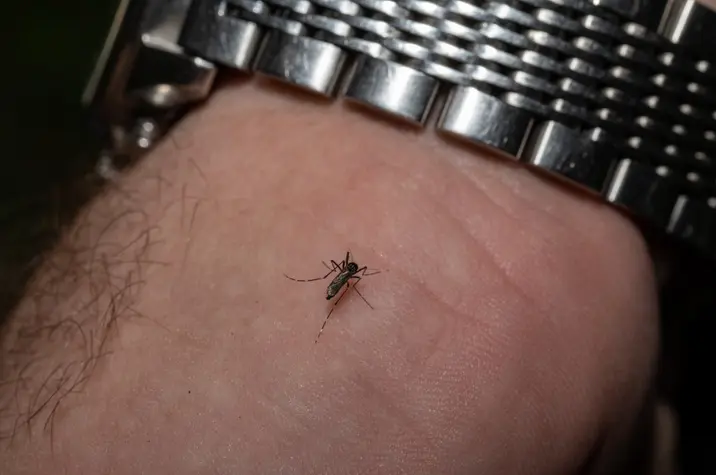
First West Nile death confirmed in Colorado
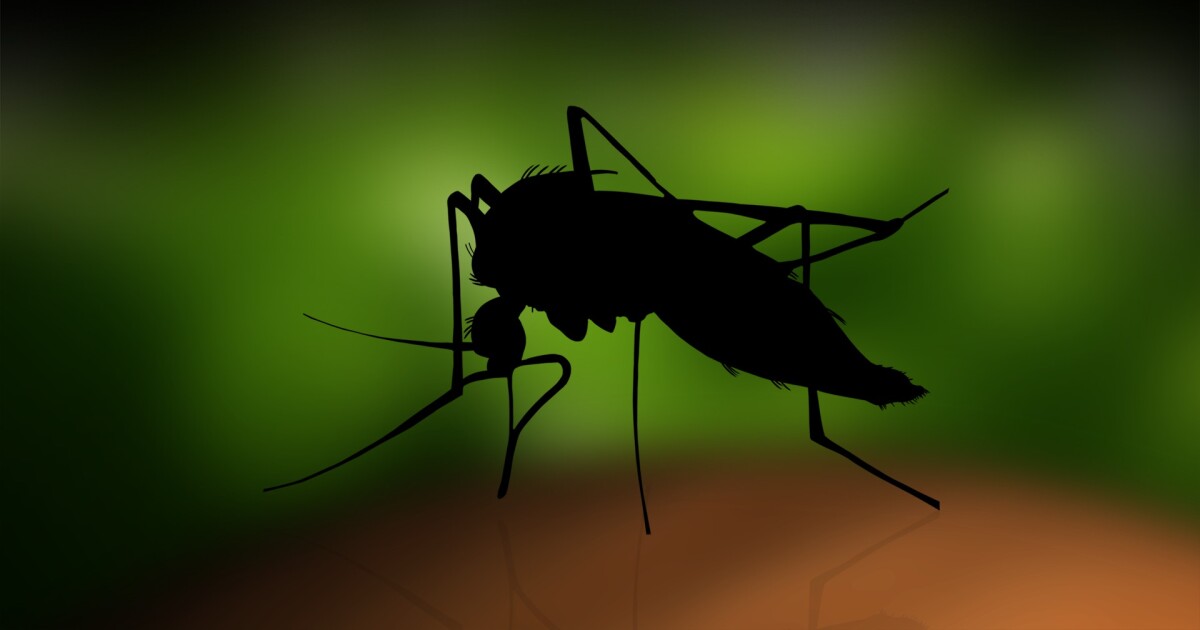
First West Nile virus death reported in Maricopa County
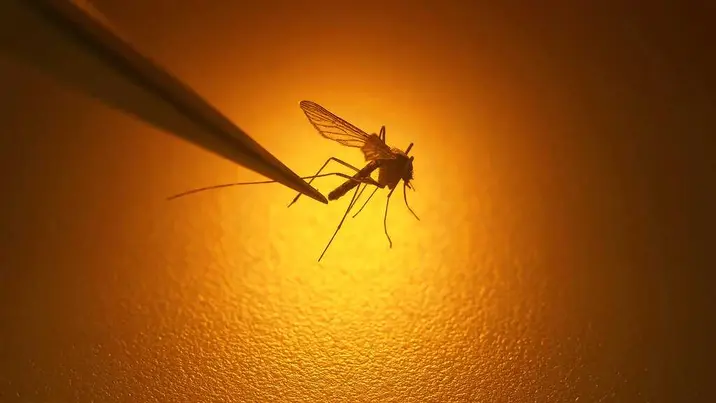
Iowa confirms first West Nile case of 2025
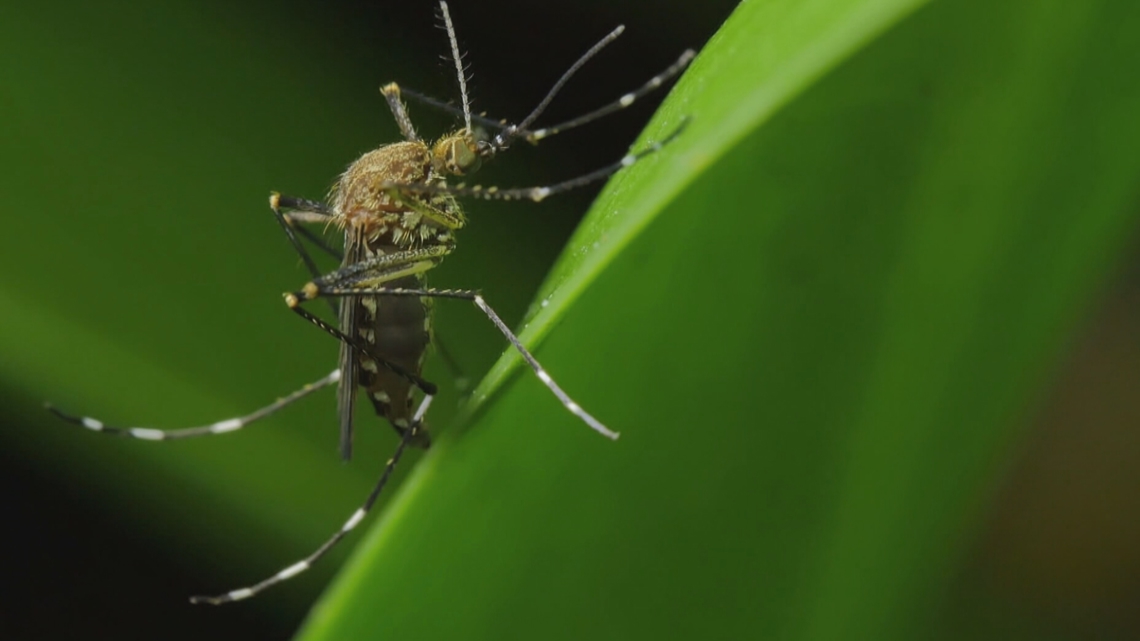
West Nile virus cases rise in Twin Cities
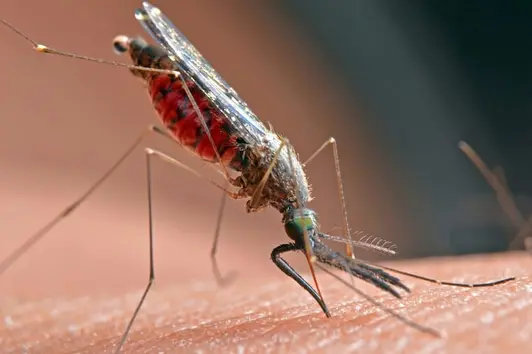
West Nile virus detected in Philadelphia mosquitoes
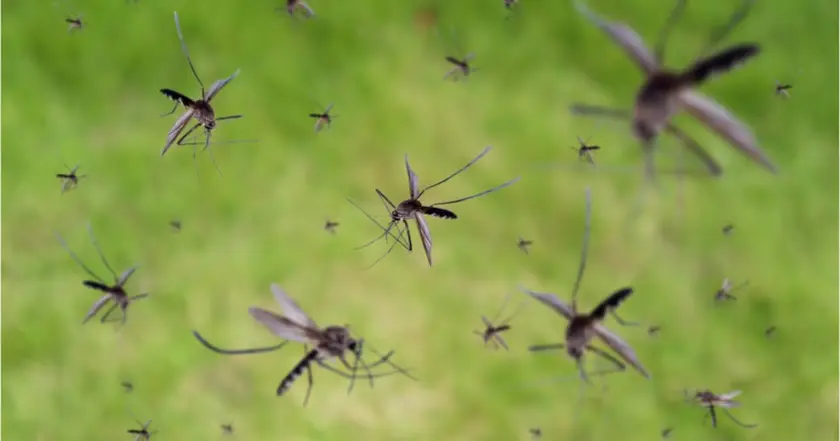
West Nile risk up in 10 MA towns
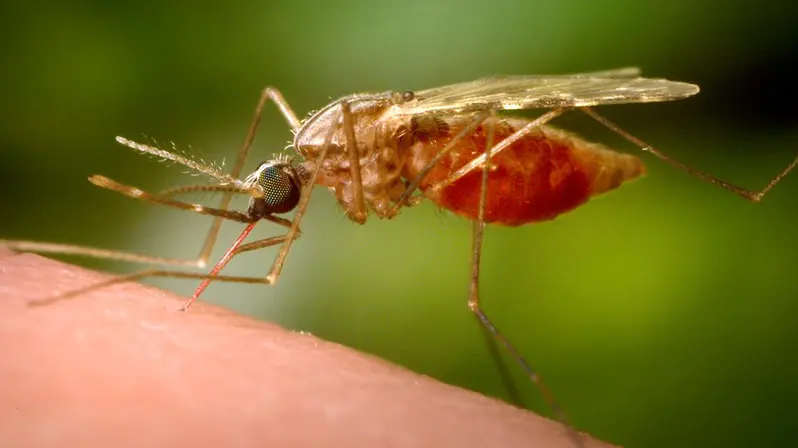
West Nile testing in DC
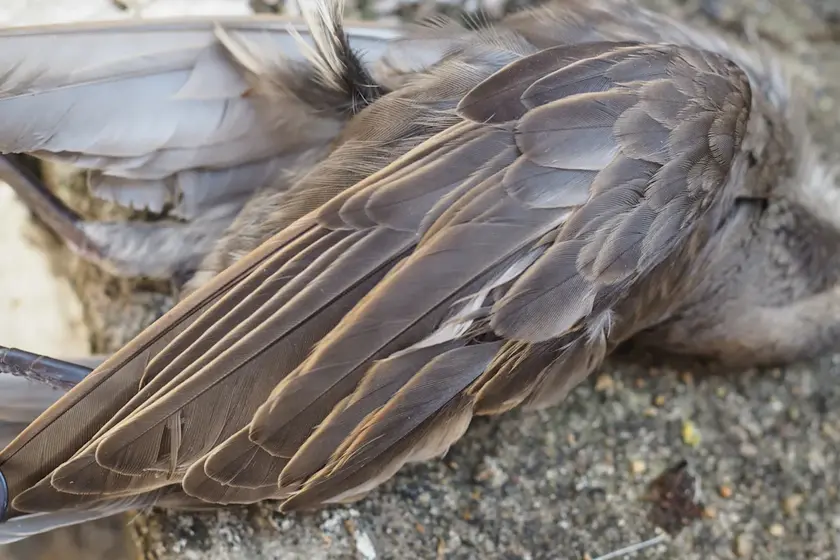
Three dead birds test positive for West Nile virus
